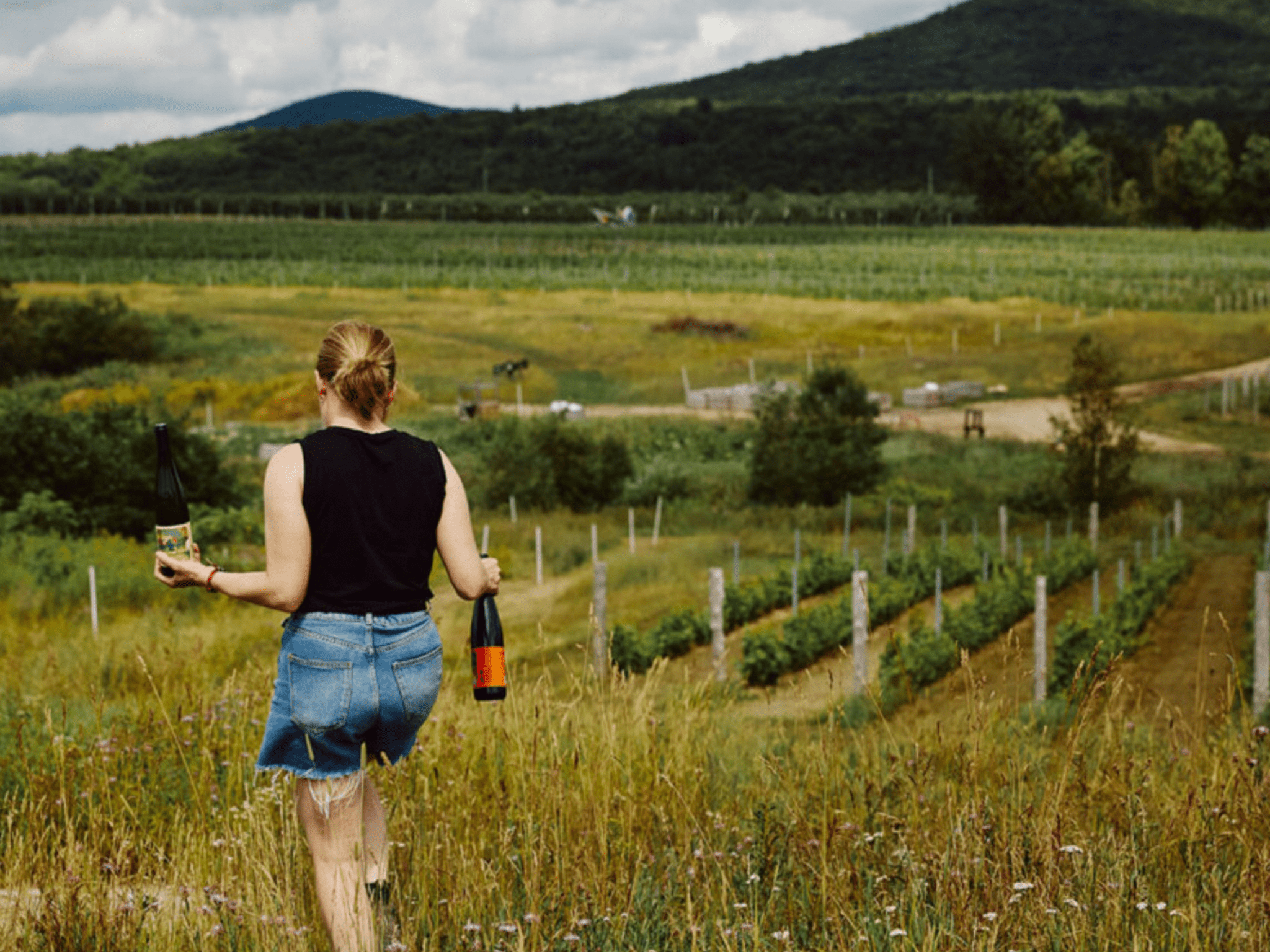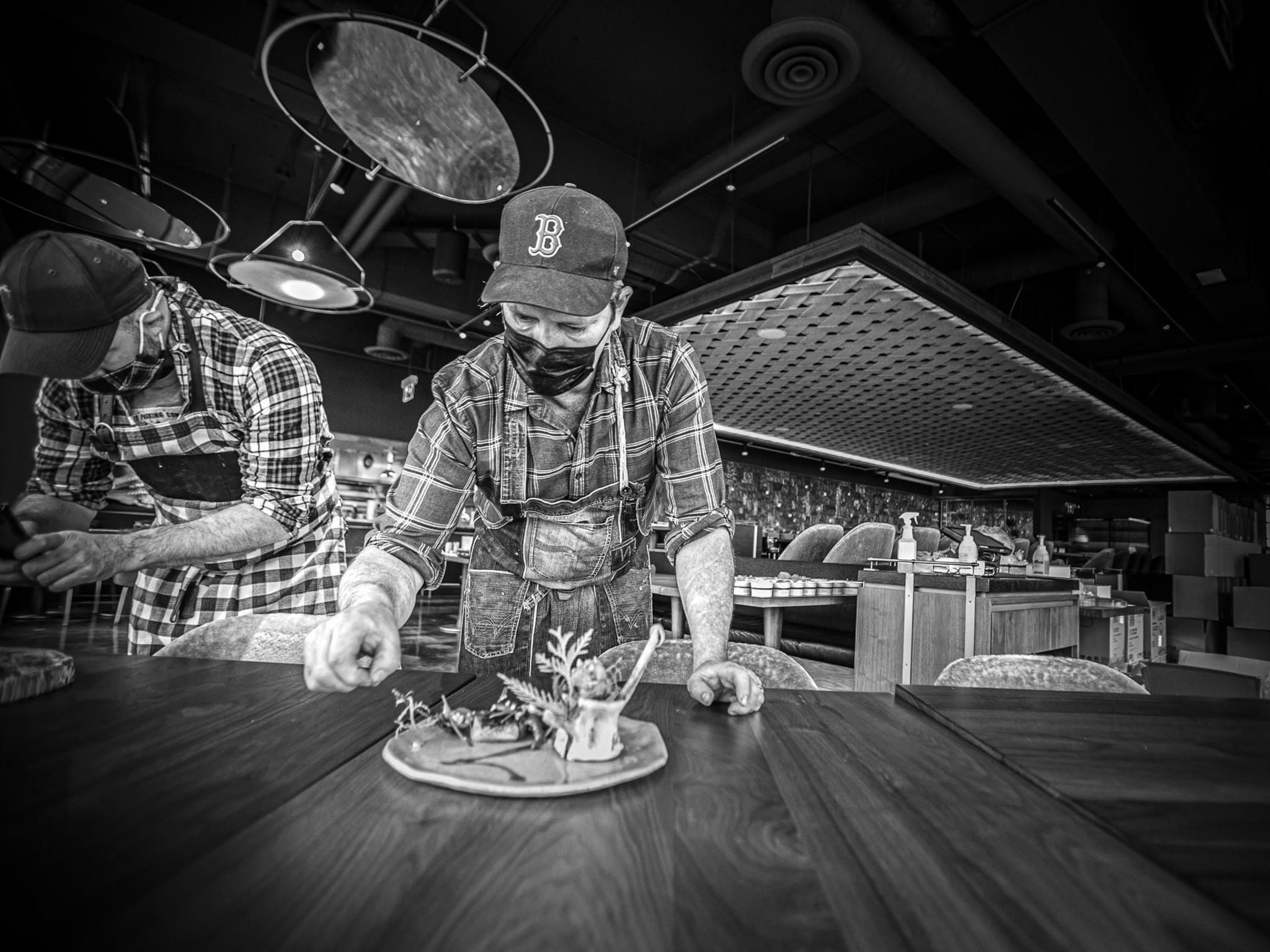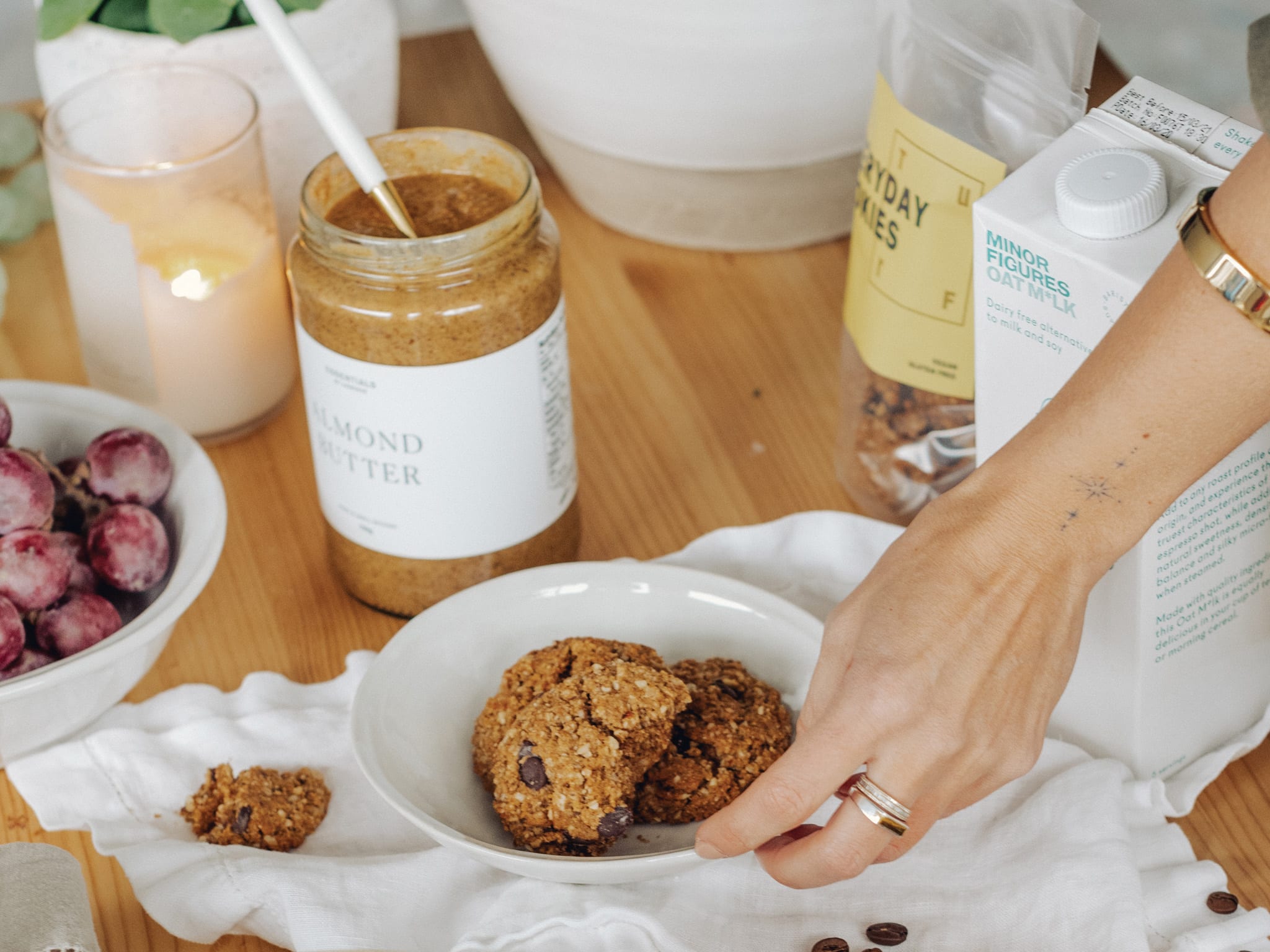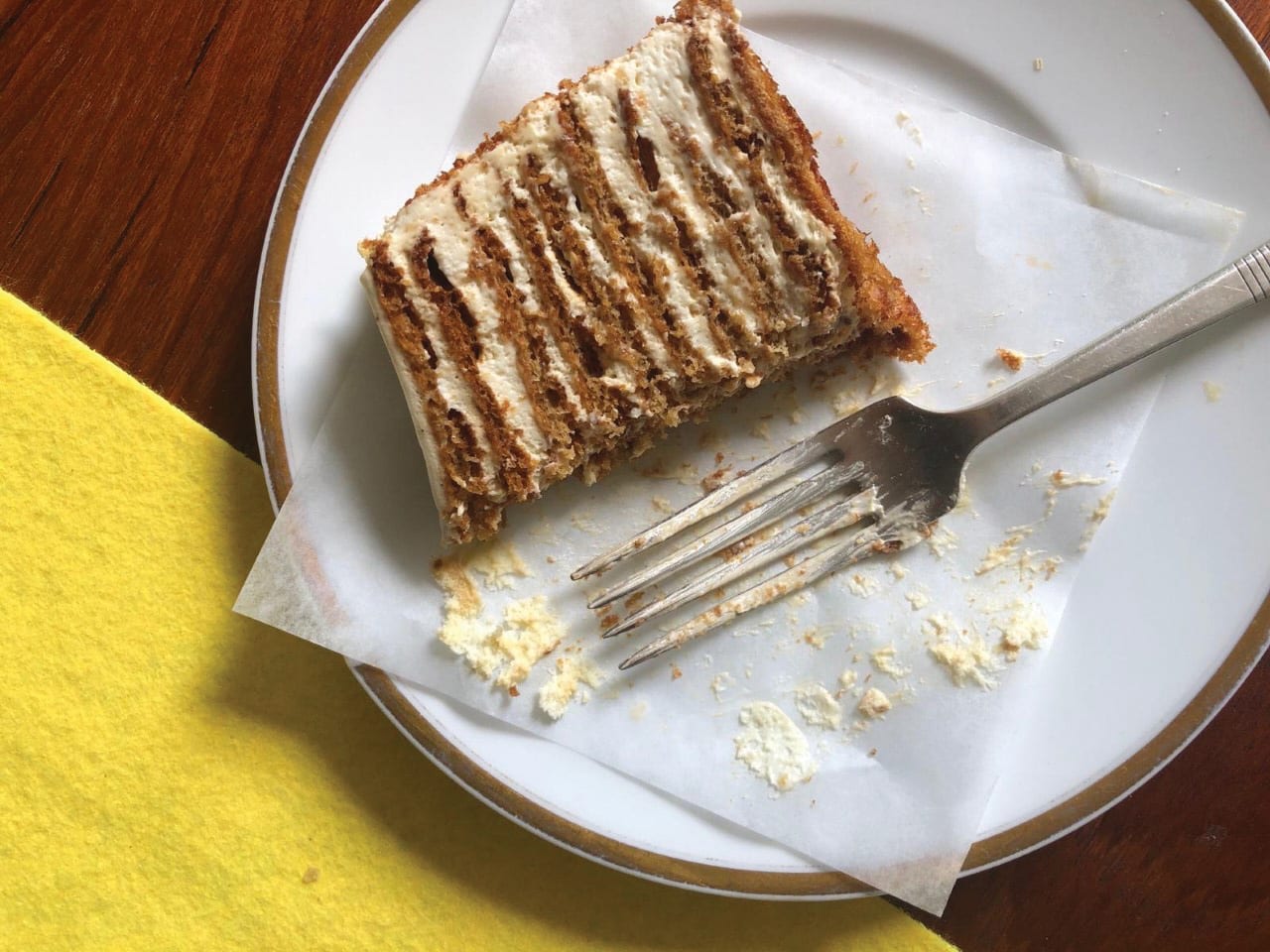The Quebec wine industry has acquired a certain wisdom over the past decade, though it retains the energy of a kid. Vinifera is taking root, but there are still many hybrids, which are gaining sophistication. In addition to the IGP Vin du Québec, seven wine regions have been delineated in 2019. The cluster of terroir-driven vignerons has grown substantially, as has the acreage of vines certified organic or biodynamic. Natural winemaking is de rigueur. The question — What does Quebec wine taste like? — is as elusive as ever, but the thirst of local consumers for them doesn’t fade…and it isn’t fuelled by patriotism. —NADIA FOURNIER
Pioneers in biodynamic viticulture, Véronique Hupin and Michael Marler have been making fine wines for more than 20 years in Farnham, southeast of Montre- al. Marler crafts delicious red and orange wines but is mostly known for Chardonnays from 30-year-old vines. Beautifully structured Le Feu 2020 is certified biodynamic and vinified with low intervention after 48 hours of skin maceration.
Matthieu Beauchemin and partner Fannie Boulanger did their homework before planting in Saint- Louis de Yamaska. Vidal and vinefera varieties are tended bio- dynamically. The consistency of Un de Ces Quatre 2020 — made with Gamaret, a cross of Gamay and Reichensteiner planted mostly in Switzerland — is impressive. Unrefined and unfiltered, the wine bursts with dark fruits and black pepper. Luscious, dense and yet so crisp.
In 2018, Zaché Hall planted 2.5 hectares of vinifera vines on a southeast-facing hillside, between Dunham and Frelighsburg. The soil is glacial sediment, between sandy loam and clay, over a bedrock of Cambrian schist. There are no added yeasts and the wines I’ve tasted are pure, bright and elegant. The Rouge 2020, a blend of Gamaret and Gamay, leaves a sensation of freshness. Pristine flavours melt with smooth acidity and velvety tannins.
Red hybrid Marquette — a grand-child of Pinot Noir — does well in Pigeon Hill, a hamlet of Saint-Armand, on organic vineyards owned by Manon Rousseau and Kevin Shufelt. Le Mouton 2020 is a purely delicious expression — crunchy, fleshy, bursting with dark fruits, pepper and peony. A textbook vin de soif and one of Quebec’s best Marquettes.
Cyclists know Joy Hill as a source of adversity. Justine Thérrien and Julien Niquet planted the top of Frelighsburg’s famous slope with eight vinifera varieties. I have a sweet spot for the Grüner Veltliner and Blaufränkisch, but my favourite is the unfiltered Roche Mère, a delightfully fresh Gamay, with ripe flavours and silky tannins. At 11.2 per cent, it’s light as a feather.
Photo: Maison Agricole Joy Hill




